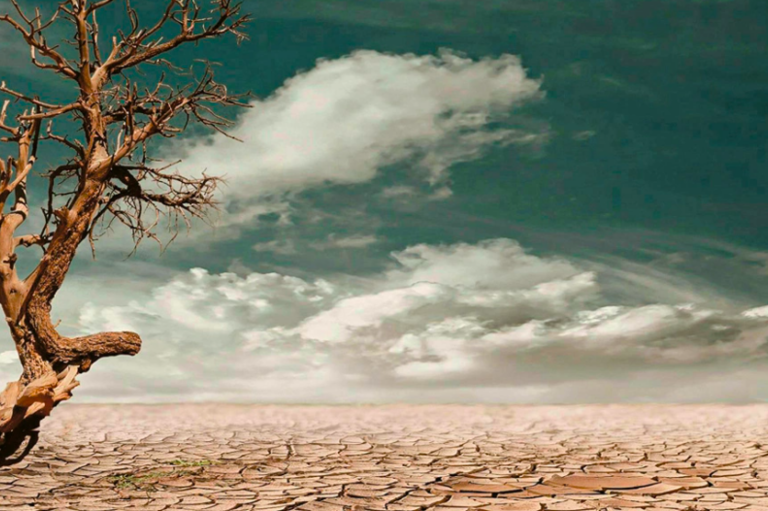Climate change poses a serious threat to major urban centers, which could face dire consequences if global temperatures rise by 3°C compared to pre-industrial levels, warns a new report. Prolonged heatwaves, a spike in energy demand due to air conditioning, and the spread of more dangerous viruses are among the crises predicted to hit billions of city dwellers.
“The difference between 1.5°C and 3°C is a matter of life and death for billions worldwide,” stressed Roger van den Berg of the U.S.-based World Resources Institute (WRI), which published the report. It highlights the potential climate risks in nearly 1,000 large cities, including Dakar in Senegal, Rio de Janeiro in Brazil, and Padang in Indonesia.
The report analyzes climate risks for cities that are home to 2.1 billion people—26% of the global population and over 50% of those living in urban areas. The findings outline stark differences between a 1.5°C and a 3°C rise in temperature, a path the world is currently on, with recent UN data predicting a 2.9°C increase based on existing national commitments.
If global temperatures climb by 3°C, many cities could endure heatwaves lasting a month or more, soaring energy demand, and shifting disease risks tied to insect-borne viruses, the report states. Those living in low-income cities will be hardest hit.
The WRI estimates that with a 1.5°C rise, cities will experience heatwaves lasting an average of 16.3 days. In contrast, a 3°C rise will result in heatwaves lasting 24.5 days, with their frequency increasing from 4.9 to 6.4 waves annually.
The increase in heatwaves will drive up energy needs for air conditioning, while higher temperatures will facilitate the spread of mosquito-borne diseases like dengue, Zika, and chikungunya.
Globally, poorer nations, with fewer resources to adapt, will be more vulnerable to these impacts. Sub-Saharan Africa, in particular, will suffer from more frequent heatwaves and the spread of disease. Cities like Freetown in Sierra Leone and Dhaka could face heatwaves lasting over a month, with an average of seven heatwave episodes per year.
“The time has come to prepare cities for a much hotter world while doing everything we can to drastically reduce greenhouse gas emissions,” concludes van den Berg.
Ask me anything
Explore related questions





